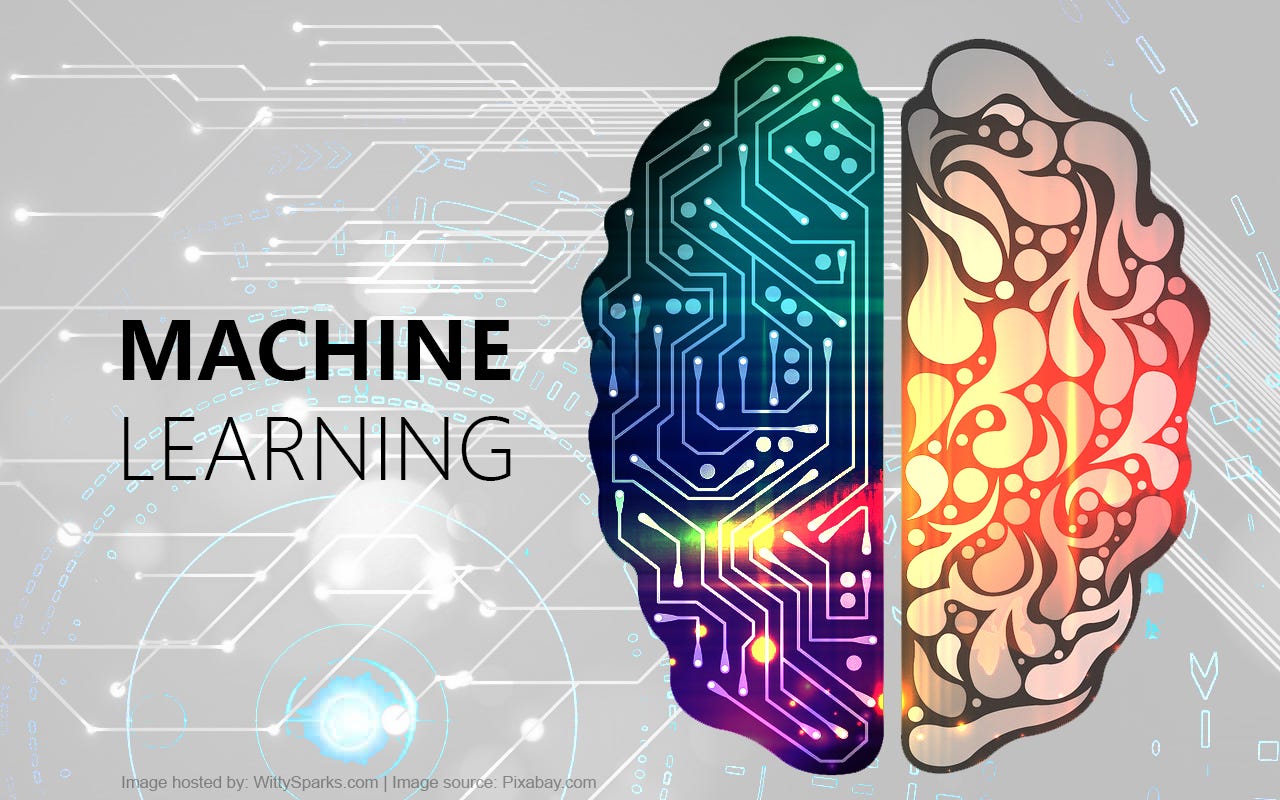Machine learning is a type of artificial intelligence (AI) that allows software applications to become more accurate in predicting outcomes without being explicitly programmed to do so. Machine learning algorithms use historical data as input to predict new output values.
Machine learning is a rapidly growing field with applications in a wide range of industries, including healthcare, finance, retail, and manufacturing. Some of the most common types of machine learning algorithms include:
- Supervised learning: This type of machine learning algorithm learns from labeled data. The data is labeled with the desired output, and the algorithm learns to predict the output based on the input data.
- Unsupervised learning: This type of machine learning algorithm learns from unlabeled data. The algorithm identifies patterns in the data and groups the data into clusters.
- Reinforcement learning: This type of machine learning algorithm learns by trial and error. The algorithm is given a reward for taking actions that lead to desired outcomes, and it is penalized for taking actions that lead to undesired outcomes.
Machine learning algorithms are becoming increasingly sophisticated, and they are able to learn from massive amounts of data. This is leading to new and innovative applications for machine learning in a wide range of industries.
Benefits of Machine Learning
Machine learning offers a number of benefits over traditional programming methods. These benefits include:
- Accuracy: Machine learning algorithms can learn from historical data and use that data to predict new output values. This can lead to more accurate predictions than traditional programming methods, which are often based on assumptions about the data.
- Scalability: Machine learning algorithms can be used to process large amounts of data. This makes them well-suited for applications where there is a lot of data, such as healthcare, finance, and retail.
- Efficiency: Machine learning algorithms can learn from data and improve their performance over time. This can lead to more efficient use of resources, such as time and money.
Challenges of Machine Learning
While machine learning offers a number of benefits, it also faces a number of challenges. These challenges include:
- Data requirements: Machine learning algorithms require large amounts of data to learn from. This data can be expensive and time-consuming to collect.
- Interpretability: Machine learning algorithms can be difficult to interpret. This can make it difficult to understand how the algorithm arrived at its predictions.
- Bias: Machine learning algorithms can be biased. This bias can be introduced by the data that the algorithm is trained on.
Future of Machine Learning
Machine learning is a rapidly growing field with a bright future. Machine learning algorithms are becoming increasingly sophisticated, and they are being used to solve a wide range of problems. In the future, machine learning is likely to play an even greater role in our lives.
Here are some of the ways that machine learning is likely to be used in the future:
- Healthcare: Machine learning is being used to develop new drugs and treatments, diagnose diseases, and personalize healthcare.
- Finance: Machine learning is being used to detect fraud, manage risk, and make investment decisions.
- Retail: Machine learning is being used to personalize recommendations, improve customer service, and optimize inventory.
- Manufacturing: Machine learning is being used to automate tasks, improve quality, and reduce costs.
Machine learning is a powerful tool that has the potential to revolutionize many industries. As machine learning algorithms continue to improve, we can expect to see even more innovative applications in the years to come.






